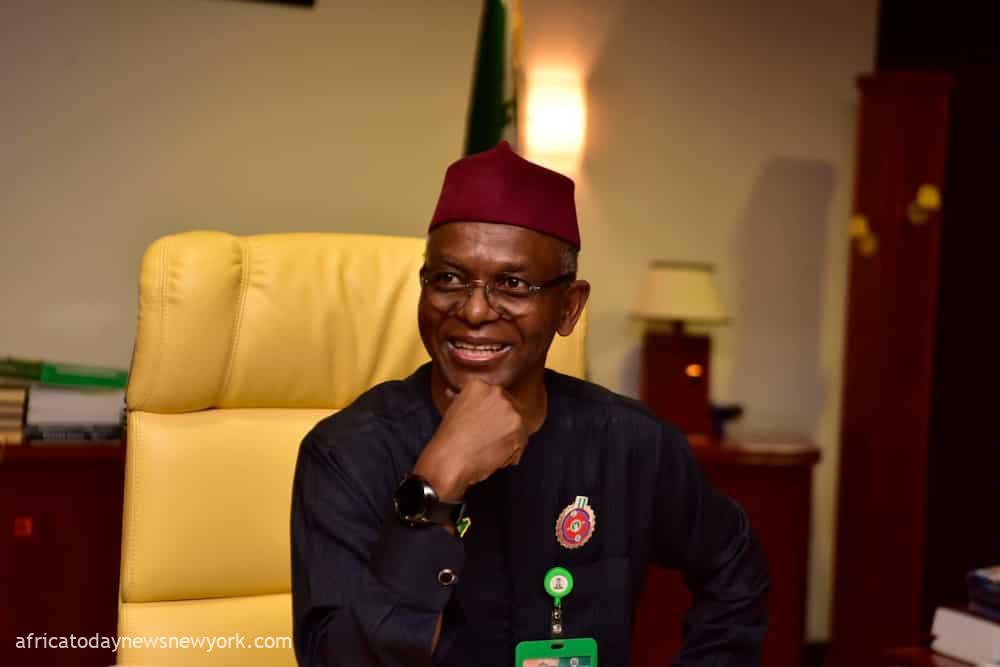Kaduna State Governor of Nasir El-Rufai has disclosed that there are other ways politicians can buy votes without the Naira ahead of the Saturday election.
El-Rufai made this known during an interview with BBC Hausa yesterday which was monitored by Africa Today News, New York.
His comments come amid theory that politicians have stored up physical cash ahead of the 2023 elections, with which to induce voters during the polls.
He insisted that the All Progressives Congress (APC) governors were against the Naira redesign policy, because of the hardship it has put people into and not because of vote buying.
Read Also: Naira Scarcity: Presidency Warns Ganduje, El-Rufai
‘Did vote-buying start today? Why was the money not redesigned before? Why now? Secondly, is vote-buying only done with naira? It can be bought with dollar, euro, sefa, you can give the voters food.
‘You cannot take money out of politics, but you can reduce it.
‘We are not against this policy because of vote buying. I swear to God we’re against it because of how people are suffering, not the elections,’ el-Rufai said.
Recall that, the Nigerian Presidency has asserted that there was no truth to the claim that President Muhammadu Buhari was working towards the truncation of democracy through the installation of an interim government.
The Senior Special Assistant to the President on Media and Publicity, Malam Garba Shehu, said this in a statement titled ‘Stop the Joke about Interim Government, Elections Will Hold which was obtained by Africa Today News, New York on Saturday morning.
Africa Today News, New York reports that while Governor Umar Ganduje of Kano State had alleged that the naira redesign policy of President Buhari was aimed at truncating Nigeria’s democracy, his counterpart in Kaduna State, Nasir El-Rufai, claimed the scarcity of naira notes was a part of the plots to disrupt the forthcoming elections in order to ensure the emergence of an interim government.
However, in a swift reaction, the presidential spokesman said it was another dangerous dimension by people who were afraid that they might lose their elections.
Shehu said the creation of an atmosphere of panic was not a strategy to address the pressure that arose from the way the currency swap had been implemented.

